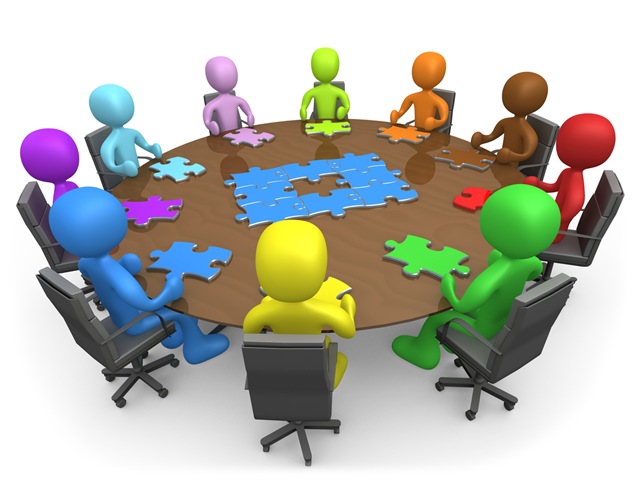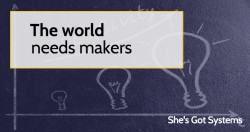Last week I shared the first of my ‘lessons from collegiate debate’ about understanding that one superstar alone cannot do more than a team that works together toward their goals. It was true in my debate community and even truer for the entrepreneur who has big goals and ideas who is attempting to do it all alone.
Today I want to share more about why being real, real nice, and authentic is more important than the win. Let me illustrate with an embarrassing story from my first tournament. I’ll set the stage with the truth about how much I “knew” going into this first tournament: not much. In the beginning you know a few things but understand little so the winners usually have a combination of luck and maybe a slight edge in understanding what’s going on.
That can be a scary place to stand, especially when you’re convinced everyone else knows more, has more experience and is out to crush your win record and spirit.
So despite all the prep and encouragement I found myself going into Round 6 having won 3, lost 2 and a lot riding on this last round. If we won we’d go to elimination debates, if not we’d be crushed. Well, we got crushed. And, in the moment of frustration (we’d forgotten a single word in the debate plan causing our loss) and anger I slipped into the smart alack Kelly and made a comment which caused my competitor to stumble. And cry.
What’s worse is that despite losing and not advancing to elimination rounds, I was proud that I ‘won’ by making this very nice girl cry because we’d caught her strategy in a double-bind.
It was an amazing opportunity to recognize that it did not matter if I won the round if I lost myself, my reputation, and goodwill in the process.
Thankfully the story has a happy ending as I repaired the relationship, continued debating against and alongside this woman for 2 more years and are still in touch today. It wasn’t about adopting a fake persona and “tricking” anyone – it was truly a shift into a new way of accepting that whether I had great success (like winning a national tournament) or great loss (going 1-7 ouch) that the people stayed much longer than the record.
I share this embarrassing story because I know that the competitive, gotta-win-at-any-cost attitude is one that will cost entrepreneurs in the long run.
We view competitors as enemies, instead of needed service providers who cater to the niche markets we do not.
We view clients as commodities to be won or lost instead of relationships to cultivate as we work together.
We may see canceling or complaining clients as problems to solve instead of understanding how we can grow and evolve our businesses.
We can judge colleagues in other industries as competitors for scarce dollars instead of partners providing essential services that create more wealth and opportunities.
There are a lot of businesses in the world who embody this mentality, to win at any cost, enemies be damned and profits above all else.
I don’t work with those businesses.
I choose to work alongside conscious entrepreneurs who work with integrity and honesty in all they do, who earnestly serve the clients in their practice and strive to have the business they desire. Even ideal clients can fall back into the competition trap because it is so engrained in all of us that it’s easy to get caught up.
It can be hard to step outside of the competition trap in business when we feel unprepared or insecure. Unlike competitive debate where teams are segmented by their experience and skill level, entrepreneurs can feel as if they’re fighting as David versus Goliath.
Recognizing that attitude, of competition before cooperation and transforming it is not easy. It can’t be completed with a checklist or system – this is an ongoing process and takes diligence to shift.
I wish I could tell you that after that first tournament I was a changed person but alas, it took a second tournament and making a second debate competitor cry that woke me up. Today I’m thankful that I was able to learn that lesson, repair relationships and spend 3 more years in the activity without causing overt emotional distress. Because at the end of the day I don’t remember the people because of who won or lost tournaments, what matters is the relationships and friendships that reach far beyond competition. And it’s the same in my business, it’s not about who gets an interview or writing gig, an invitation to join a group or speak at an event that matters. It’s serving my amazing clients and the relationships with colleagues, competitors, clients and mentors that makes a real difference.

 How Debate Prepared me for Business
How Debate Prepared me for Business The world needs makers
The world needs makers How Much is Over-Giving Costing You?
How Much is Over-Giving Costing You?